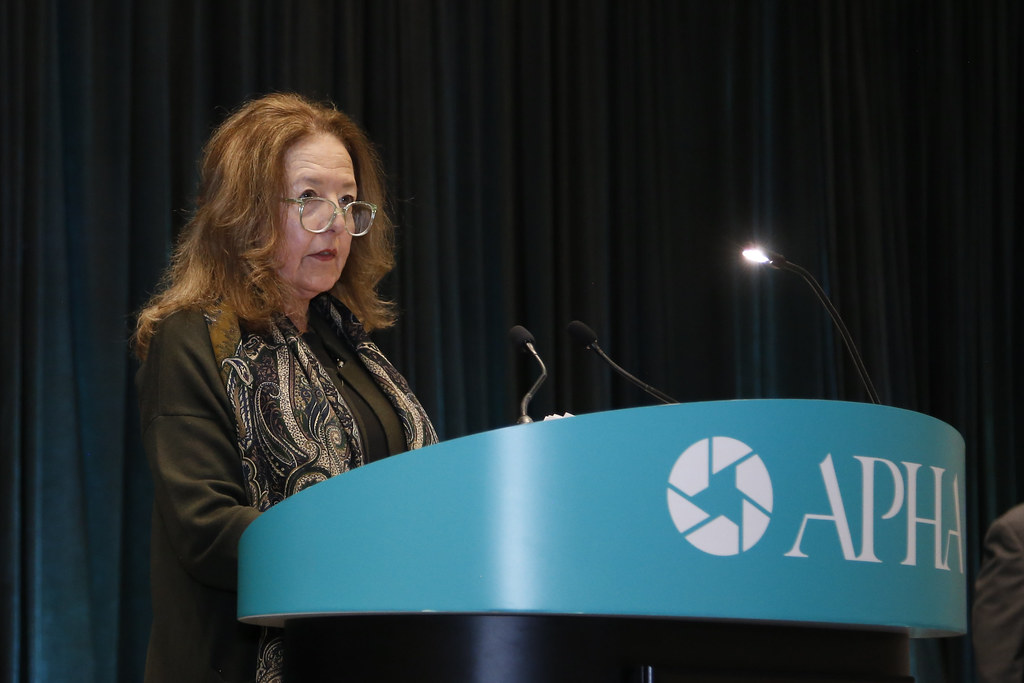Mentoring the Next Generation of Intersectional Scholars
The principal investigator, Dr. Ruth E. Zambrana, gratefully acknowledges the following funding support over the last five years on URM faculty retention: Robert Wood Johnson Foundation (RWJF), Grant #68480, the University of Maryland Tier 1 seed grants, Division of Research, Faculty Incentive Program, and currently the Annie E. Casey Foundation (AECF) (#214.0277). We acknowledge the support of Dr. Debra J. Pérez, former project officer, for her support, guidance, and enthusiasm about this study.
The study of the lived experiences of historically underrepresented populations in the United States represents our research commitment to promote knowledge production in critical and understudied areas of inquiry. Our work has focused on historically underrepresented minority (URM) faculty in predominantly white institutions. The following groups are defined as URM: African American/Black, Mexican American, Puerto Rican and American Indian/Alaska Native.

Dr. Ruth Enid Zambrana receives the Lyndon Haviland Public Health Mentoring Award
The Lyndon Haviland Public Health Mentoring Award is intended to recognize the essential role of mentoring in public health and leadership development. It will be given annually to senior public health practitioners or academics who take an active role in mentoring students and young professionals through regular contact, professional development, research support or joint publications.
Mentoring Tips
Faculty, URM and non-URM, benefit from the strong mentoring of senior faculty. Senior faculty have understandings of the academy that come from experience-being “insiders” and navigating the academy over the course of their career. While peer mentoring is also important, senior mentoring is essential to success. The suggestions below come from a mixed methods study of African American/Black, Mexican American, Puerto Rican and Native American faculty across the United States funded by the Robert Wood Johnson Foundation. The study included data from in-depth interviews and focus groups (n=58) and an online survey (n=618).
While not all URM faculty study economically disadvantaged and/or racial/ethnic populations, many do, and perceive that their mentors either do not intellectually respect their work or do not take the time to understand it. As a mentor for URM faculty, it is important to recognize the structural and normative forces that pressure URM to “water down” or assimilate their intellectual contributions. Please consider this: suggesting that URM faculty study more “traditional” research topics often reflects a misunderstanding of why some URM faculty enter the academy and it is also a reflection of a mentor attempting to make their research less “raced” or “gendered.” This can be intellectually and personally alienating.
URM faculty may have entered the academy because of their commitment to addressing practice and policy in communities. Mentors can help URM faculty make service choices that will not hurt them in the tenure process without compromising the community engagement that keeps them inspired and grounded.
Many URM faculty are some of the first in their families to attend college. This means there may be an accumulation of social disadvantage and less exposure to minority cultural and institutional norms. Like all junior faculty, URM faculty need support in understanding how to write a grant, get published in the top journals, give an effective conference presentation. Have a conversation with your mentee about where she/he sees their instrumental needs – writing articles, networking, presenting, interviewing – and help them to get resources to meet these needs.
Retention of URM faculty is often difficult due to feelings of intellectual and scholarly isolation. Support the development of a network with other URM scholars, especially senior scholars who can support their scholarly growth.
Offer information, strategies, and skills that can allow URM faculty to succeed without demanding assimilation. Political guidance helps URM understand the informal “rules of the game” and unwritten policies-those “ways of being” that are not transparent-without demanding that they erase their sense of self in the process.
Most importantly, recognize that due to historical legacies of structural and institutional marginalization, mentoring of URM faculty may be different from the mentoring of non-URM faculty. However, the diversity in intellectual knowledge production, pedagogical style, background, and service will strengthen the academy and help to build a more dynamic intellectual environment!


